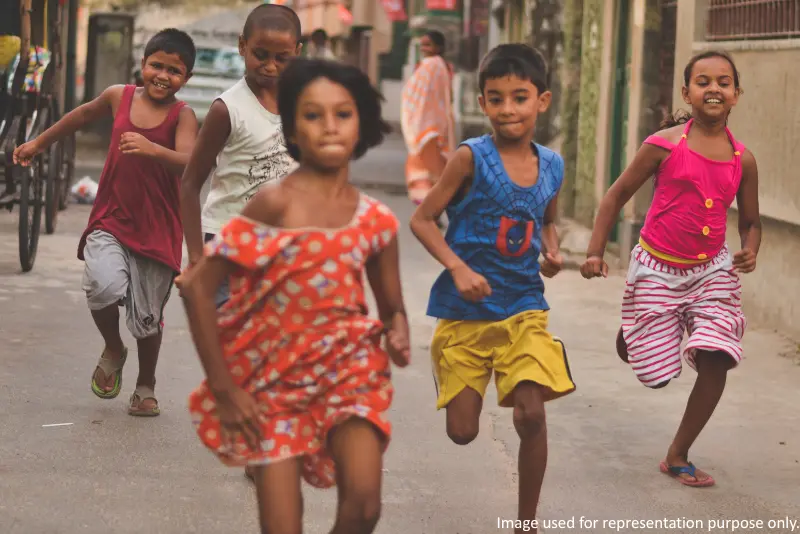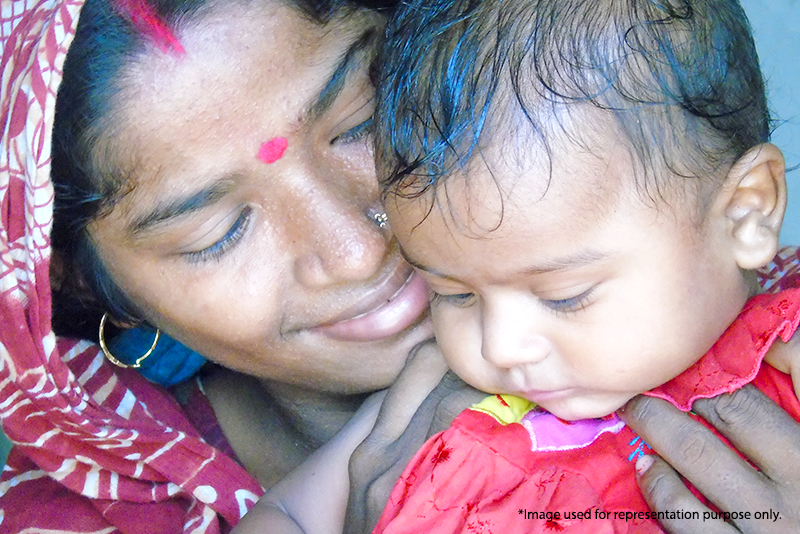
Mental health challenges faced by children: Breaking the silence
Have you ever wondered what it’s like to be a child who can’t express their feelings? According to World Health Organization (WHO), 1 in 4 ch....
Read More
In a small village of Gujarat, Nanu Ben lived with her family. She was pregnant and like many in her community, she also had her own set of beliefs, especially when it came to pregnancy and deliveries. She believed that pregnant women should avoid going to government hospitals. This belief often posed a challenge for the well-being of mothers and their newborns.
However, things were about to change for the better, thanks to the efforts of the CRY UK project team. They recognized the importance of ensuring the well-being of pregnant women. The first step the team took was to meet with pregnant women in the village, discuss the importance of vaccinations and encourage them to go for regular checkups. They spread awareness about the government services and provided guidance on obtaining Mamta cards, which could be a lifeline for expecting mothers. Through meetings with ASHA workers, they spread awareness about healthcare in every household.
Nanu Ben soon realized the significance of iron supplements during pregnancy. The team sat down with her husband and mother-in-law, patiently explaining the importance of regular checkups and proper care during pregnancy. They also arranged for laboratory tests at the Primary Health Center (PHC), including weight checks and sonography to monitor the health of both the mother and the child.
One day, Nanu Ben experienced severe pain in the abdomen during her pregnancy. Without wasting any time, they used emergency services (108) and admitted Nanu Ben to the Community Health Center (CHC). It was a tense moment, but thanks to the team’s quick actions, both the mother and the child received the necessary medical care and support.
Today, both Nanu Ben and her newborn are in good health, a testament to the power of community engagement and collaboration. The persistent efforts of the project team ensured that pregnant women in the village received the proper care they needed, debunking misconceptions and promoting the use of essential healthcare services.